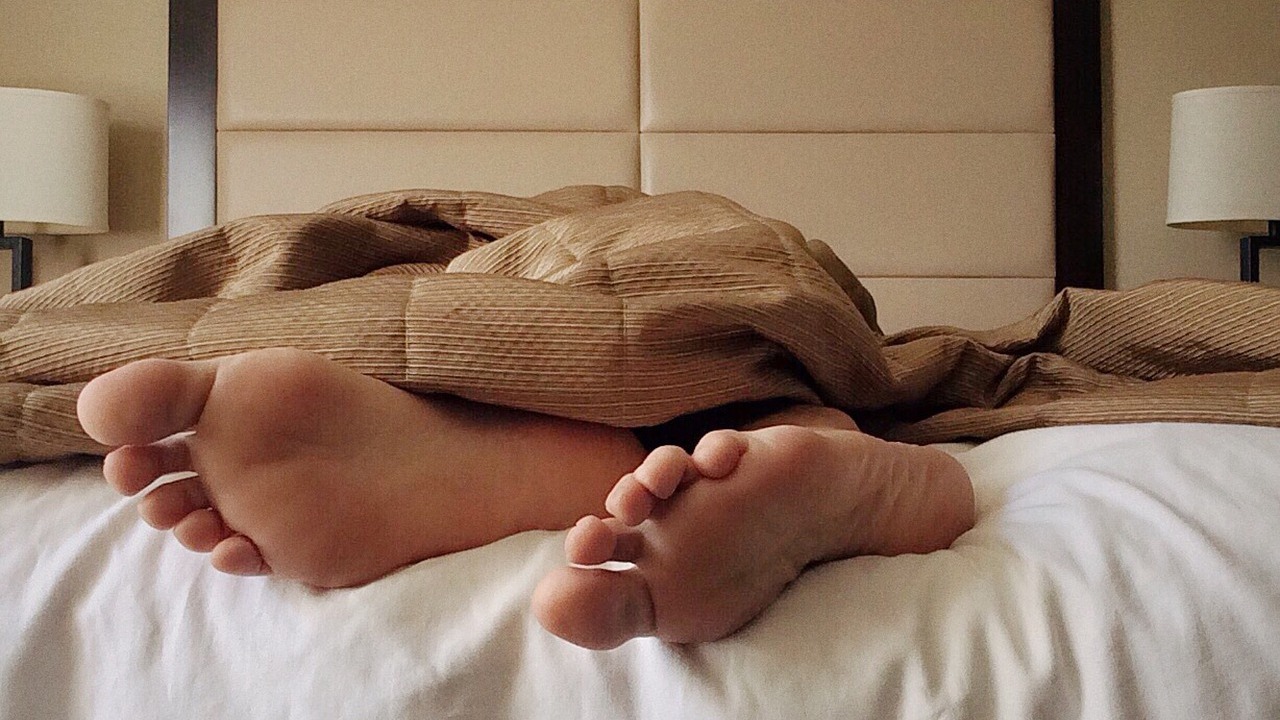SM-Clinic doctor Shota Kalandia emphasized that following a certain sleep regimen will help improve sleep quality and shorten the time it takes to fall asleep.
He notes that for sleep, you need to set aside seven to nine hours a day, and it won’t help “compensate” for insomnia on weekends. Also, long sleep can reduce biological cycles. Kalandia recommends that you sleep 1-2 hours more than usual on weekends, but not more. You can sleep during the day – but only until 16:00 and no more than 30-40 minutes.
According to the doctor, a person should reduce their activities in the hours before bedtime. The last meal should be no later than two hours before bedtime, and its calorie content should not exceed 20% of the daily total. The digestive process leads to the active work of the body at night, which affects the quality of sleep. At the same time, you should not fall asleep on an empty stomach – this can lead to stomach diseases, and a pronounced feeling of hunger can cause problems falling asleep.
Kalandia recommends avoiding alcohol and smoking, as well as using a smartphone two hours before bed. The light from the screen disrupts the production of melatonin, and constant tool use, including before bedtime, excites the nervous system.
The therapist says that maximum darkness and silence should be maintained in the room, if possible, before going to bed. A few hours before going to bed, it is recommended to avoid bright light and dim the main light source. It is important to keep the temperature of the room in which a person sleeps – about 20 ° C and below – and the humidity of the room at an optimum level.
Source: Ferra
I am a professional journalist and content creator with extensive experience writing for news websites. I currently work as an author at Gadget Onus, where I specialize in covering hot news topics. My written pieces have been published on some of the biggest media outlets around the world, including The Guardian and BBC News.













